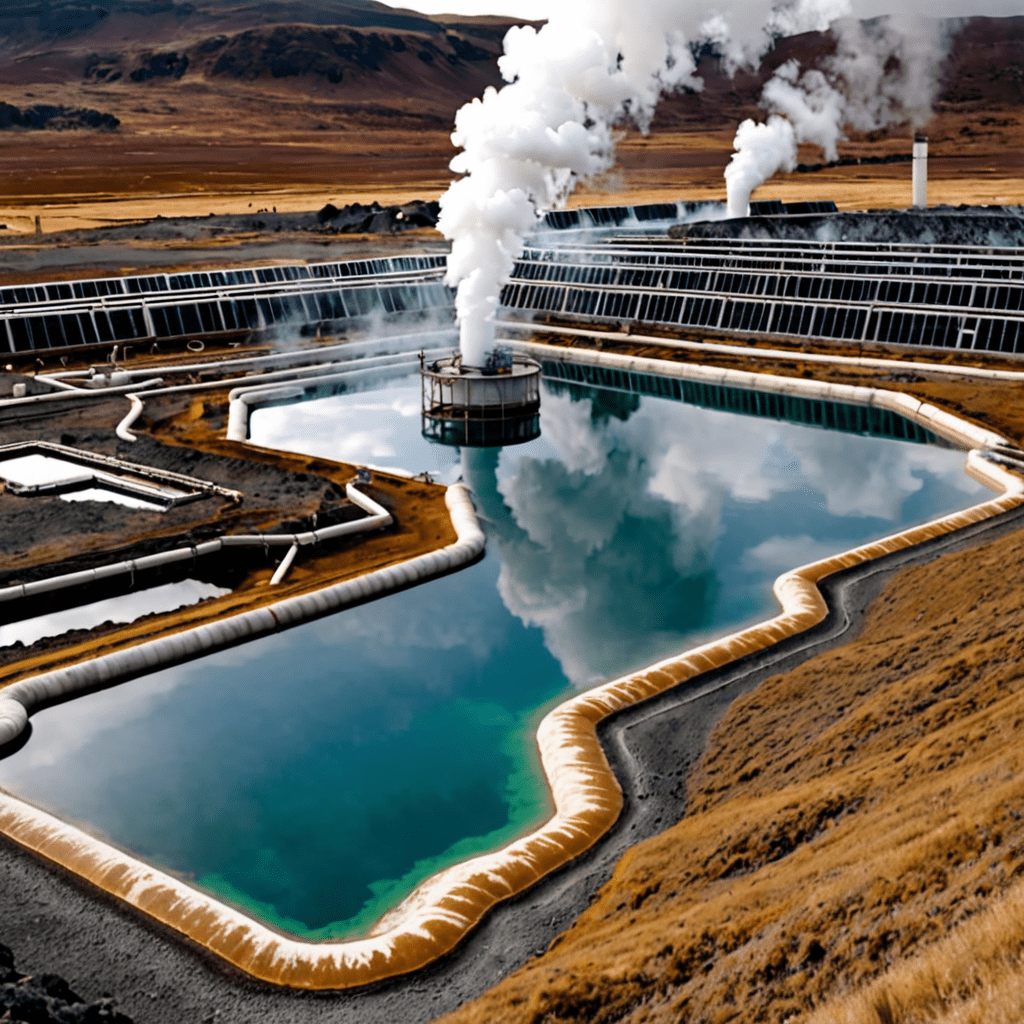
The Impact of Renewable Energy on Job Creation
The transition to renewable energy sources has not only brought about positive environmental impacts but has also significantly influenced job creation across various sectors. In this blog post, we will explore how the shift towards renewable energy is reshaping the job market and creating new opportunities for employment.
1. Growth of Renewable Energy Industries
As the demand for clean energy sources rises, industries such as solar, wind, hydroelectric, and geothermal power have experienced remarkable growth. This expansion directly translates into a surge in job opportunities within these sectors.
2. Job Diversity and Skills Development
The renewable energy sector offers a wide range of job roles, from technicians and engineers to researchers and project managers. This diversity creates opportunities for individuals with varying skill sets to contribute to the sustainable energy workforce.
3. Local Job Creation and Economic Development
Investments in renewable energy projects often prioritize local hiring, leading to the creation of jobs within communities. The establishment of solar farms, wind projects, and green technology hubs stimulates economic growth and boosts local development.
4. Innovation and Technological Advancements
The renewable energy sector is a hotbed for innovation and technological advancements. Job creation is not limited to traditional roles but extends to specialized positions focusing on research, development, and implementation of cutting-edge solutions.
5. Job Stability and Long-Term Prospects
Unlike fossil fuel industries that are susceptible to market fluctuations and resource depletion, renewable energy offers more stable job prospects. The shift towards sustainable energy sources ensures a sustainable and secure job market for the future.
6. Training and Education Opportunities
The emphasis on renewable energy has spurred the development of training programs and educational initiatives tailored to meet the growing demand for skilled workers in the green energy sector. This focus on education enhances job prospects for individuals seeking careers in renewable energy.
7. Global Impact and Job Creation
Renewable energy initiatives not only create jobs locally but also contribute to the global job market. The shift towards sustainable energy practices aligns with international goals for environmental conservation and fosters job creation on a worldwide scale.
FAQ: The Impact of Renewable Energy on Job Creation
What is the connection between renewable energy and job creation?
Renewable energy initiatives create employment opportunities across various sectors such as manufacturing, installation, maintenance, and research. As the demand for renewable energy sources like solar, wind, and hydro power increases, so does the need for skilled workers in these fields.
How does the growth of renewable energy contribute to job creation?
The growth of renewable energy industries leads to job creation through the development, construction, operation, and maintenance of renewable energy projects. This expansion also stimulates job growth in related industries, such as engineering, project management, and construction.
Which specific job roles are commonly associated with the renewable energy sector?
Common job roles in the renewable energy sector include solar panel installers, wind turbine technicians, energy auditors, electrical engineers specializing in renewable energy, project managers for green energy projects, and researchers focusing on sustainable energy solutions.
Why is investing in renewable energy beneficial for job creation?
Investing in renewable energy not only helps combat climate change but also boosts the economy by creating a significant number of jobs. Renewable energy projects require a diverse workforce, from entry-level technicians to highly skilled engineers, contributing to job growth and economic stability.


